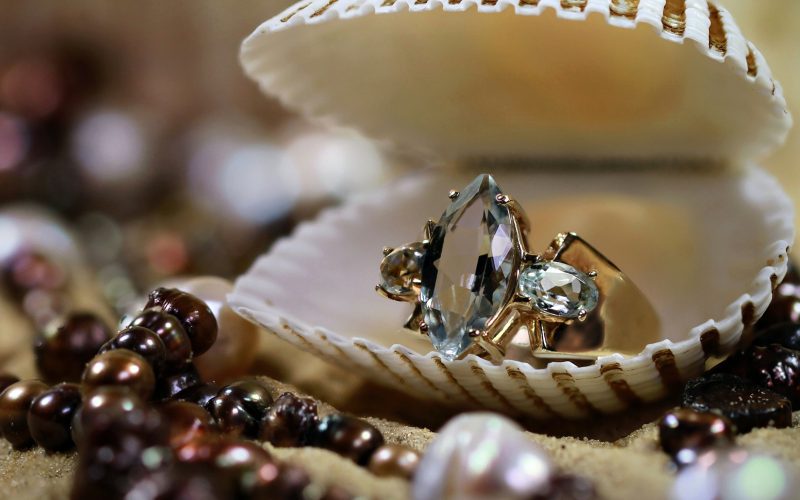Birthstones have long been cherished for their exquisite beauty and captivating allure. But did you know that these precious gems hold a significance that goes beyond their outward appearance? In this article, we embark on a journey to explore the hidden depths of birthstones, revealing the profound meanings and stories that lie beneath their shimmering surfaces.
The tradition of birthstones can be traced back to ancient civilizations, where these gemstones were believed to possess mystical properties and bring luck and protection to the wearer. Over time, various cultures and traditions have attributed unique meanings to birthstones, creating a rich tapestry of folklore and symbolism associated with these gemstones.
While the modern birthstone list, established by the American National Association of Jewelers in 1912, is widely recognized, there are diverse interpretations of birthstones based on cultural, historical, and metaphysical perspectives. For example, in Hindu astrology, gemstones are believed to influence an individual’s destiny based on their birth chart, with each gemstone associated with a specific planet and its energies. In Chinese culture, birthstones are believed to correspond with the zodiac animal of the year an individual is born, influencing their personality traits and fate.
Metaphysically, birthstones are thought to possess unique properties that can resonate with an individual’s energy, promoting physical, emotional, and spiritual well-being. For instance, the amethyst, often associated with February, is believed to have calming and purifying properties, while the garnet, associated with January, is thought to enhance vitality and passion. Crystals such as quartz, citrine, and peridot are also commonly associated with birthstones and are believed to have various metaphysical properties.
The meanings attributed to birthstones can also be influenced by their history and cultural significance. For example, the sapphire, associated with September, has been revered for centuries as a symbol of wisdom, loyalty, and nobility. In ancient Persia, sapphires were believed to protect against envy and harm, while in medieval Europe, they were associated with divine favor and protection. Similarly, the emerald, associated with May, has been prized for its lush green color and has been associated with rebirth, renewal, and fertility in many cultures throughout history.
As a journalist, researching and verifying information about birthstones is crucial to ensure accuracy and integrity in reporting. Fact-checking information from multiple reliable sources, such as reputable gemological associations, historical records, and cultural references, is essential. It is important to critically analyze claims and cross-reference information to avoid perpetuating myths or misinformation.
Adhering to journalistic ethics is also paramount in reporting on birthstones. Striving for objectivity, providing balanced perspectives, and avoiding personal biases are essential. Properly attributing information to credible sources and providing citations for original creators of knowledge is crucial to maintain journalistic integrity and transparency.
In conclusion, birthstones are not just mere adornments; they hold profound meanings that are rooted in history, culture, and beliefs. Exploring the deeper significance of birthstones unveils a world of symbolism, folklore, and metaphysical properties associated with these gemstones. Whether you wear your birthstone for its beauty, symbolism, or metaphysical attributes, it is clear that birthstones hold a significance that goes beyond the surface, adding a layer of depth and meaning to these precious gems.












